
Dogs can lick their butts as part of their normal grooming, but excessive butt grooming is not a normal behavior. It's not only unappealing to watch, but it can be indicative of a health problem in your pooch.
In fact, dogs who lick their butt could be signaling a deeper problem, ranging from food or skin allergies to an unexpressed anal gland. Below, we've delved into four of the main reasons dogs lick their butts, as well as some treatments for each of the issues.
A dog will begin to excessively lick their butt due to inflammation and irritation around the area. Although this inflammation and irritation can arise from a variety of reasons, they all require a veterinary visit to determine the cause and to create a treatment plan to put your dog at ease.
Most dog owners know that dogs have anal glands—sometimes called scent glands—located on either side of a dog's rectum. These glands, once full, usually express on their own when your dog has a bowel movement. Sometimes, though, they don't express as they should. This could be because of a loose stool, the anatomy of the gland and duct itself, allergies, or any combination of the three. Pressure begins to build as the glands fill with fluid. Worse yet, as the fluid sits in the glands, it can get thicker, leading to even more pressure. Dogs can feel this built-up pressure and will try to express their anal glands on their own. They can do this by scooting their butt across the floor or by chewing and licking at the rectal area.
Dogs are susceptible to various intestinal parasites, such as hookworms, whipworms, and tapeworms. These can cause loose stool and diarrhea, which can irritate the rectal area. Remember that loose stool can also prevent the anal glands from expressing as they should—and that too can lead to irritation. Sometimes certain intestinal parasites will have eggs that make their way to your dog's rectal area and this can also lead to irritation, which can lead to butt-licking.
In dogs, allergies manifest as itchy and inflamed skin. This can include the skin around your dog's rectal area and, sometimes, the anal glands as well. It's also not uncommon for dogs with skin allergies to also have secondary skin infections. This can exasperate the inflammation and irritation already present. If your dog suffers from skin allergies, this definitely can be a contributing factor to your dog's butt licking.
As food is digested, allergens can cause a reaction anywhere in the body, including the anal glands. If your dog is licking their butt repeatedly, they could be experiencing a food allergy. Work with your vet to figure out your dog's food allergy. They will most likely suggest eliminating a certain food for a while to see if the allergies clear up.
If you feel that your dog is licking its butt excessively, the first thing is to schedule a vet appointment. Regardless of what is causing your dog's rectal irritation, it will require medications to stop the inflammation. Your dog will also need to have their anal glands checked to ensure they aren't full and that the contents within the glands are normal fluid.
If your dog's primary issue ends up being related to the anal glands, your vet may prescribe an antibiotic to help with any infection that may be present. The fluid that normally fills up the anal glands has a distinct color and consistency, and expressing them in the vet's office, while possibly uncomfortable, should not be overtly painful. If the contents of the anal glands are thick, discolored, or contain pus, or if your dog reacts painfully, this could be the result of an anal gland infection. If your dog frequently needs its anal glands expressed, either at the vet or the groomer, there are things you can add to their diet such as canned pumpkin to bulk up their stools. There are also supplements available over the counter that are made specifically for this problem in dogs.
Intestinal parasites can be easily diagnosed with a stool check. Most parasitic worms will deposit microscopic eggs within a dog's stool, and these can be detected at your vet. Other intestinal parasites, such as tapeworms, deposit egg packets that can be seen by the naked eye. These can look like small rice grains either within the stool or in the fur around the rectum. If your dog does have intestinal parasites, your vet can easily treat them with a dewormer. Keeping your dog up to date on their monthly oral heartworm prevention can also help as these products prevent the more common intestinal parasites. Getting your dog's stool checked regularly, either once a year or twice yearly is also prudent to help prevent any problems that may be caused by intestinal parasites.
If your dog is having an active flare-up, with skin irritation, inflammation, and infection, your vet will prescribe medications to soothe the itch and treat the infections. If your dog has potential environmental allergies, there is a blood test that your vet can send to an outside lab for analysis. Once environmental allergens are determined, the vet can start therapy to desensitize your dog's immune system to the allergens.
If you notice your dog licking or chewing at its butt obsessively, call your vet right away. While usually not serious, your vet can help you get to the bottom of your dog's fixation on their own bottom.
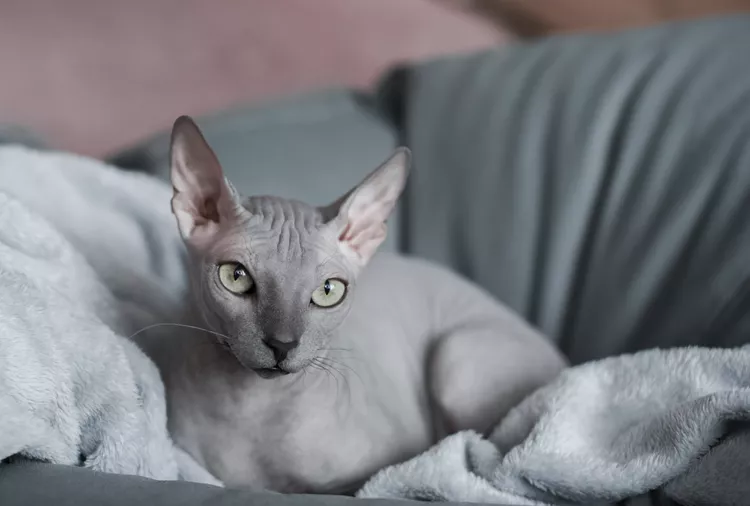
212 Hairless Cat Names For Your Beautifully Bald Feline
Discover the perfect name for your hairless cat with our list of over 200 creative and unique names. From quirky to classic, find a fitting choice for your beautifully bald feline companion.
8 Things Your Cat Loves
Just like humans, cats can have a long list of things they like. Find out what cats love so you can keep your cat happy and healthy.
How to Tell If a Kitten is a Boy or a Girl
If you're wondering whether your new kitten is a boy or a girl, here are three ways to help determine the sex of your cat.
8 Tips to Help Cats Enjoy Car Travel
Cats are creatures of habit, and they hate to travel. Learn tips to prepare them for travel in the car, whether going to the vet or on vacation.
Common Causes of Mucus in Dog Poop
Seeing mucus in your dog's poop can be concerning to a dog owner. Here are common causes and treatment of mucus in a dog's stool.
Is Shrimp Bad For Dogs?
Shrimp can be a healthy, nutritional food for people but can dogs eat them, too? What are the main concerns with feeding shrimp to your dog?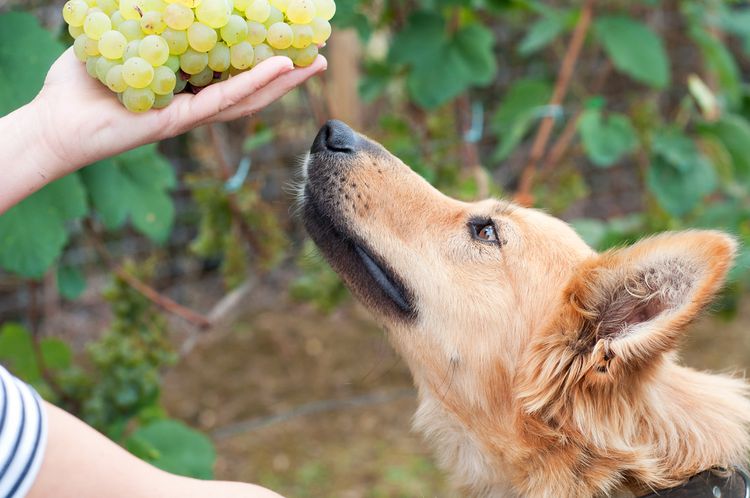
Can Dogs Eat Grapes?
Are grapes safe for dogs? Grapes and raisins can cause serious toxicity in dogs. Find out what to do if your dog eats grapes.
Maine Coon Cat: Breed Profile, Characteristics & Care
The Maine Coon cat is of the largest cat breeds in the world. These amiable, gentle cats make great companions. Learn about the Maine Coon cat breed's appearance, temperament, health, and care needs.
Selkirk Rex: Cat Breed Profile, Characteristics & Care
The Selkirk Rex is a charming cat with a tousled coat and a loving, laid-back personality. Learn about the Selkirk Rex breed.
How to Stop Your Cat From Chewing Electrical Cords
Cats are known to pounce and attack inanimate objects, like electrical cords. Learn how to prevent your cat from ambushing objects that may harm it.
What Do Cats Think About?
Have you ever wondered what cats think about? A number of studies have explored cat behavior and feline cognition, but there's still more to learn.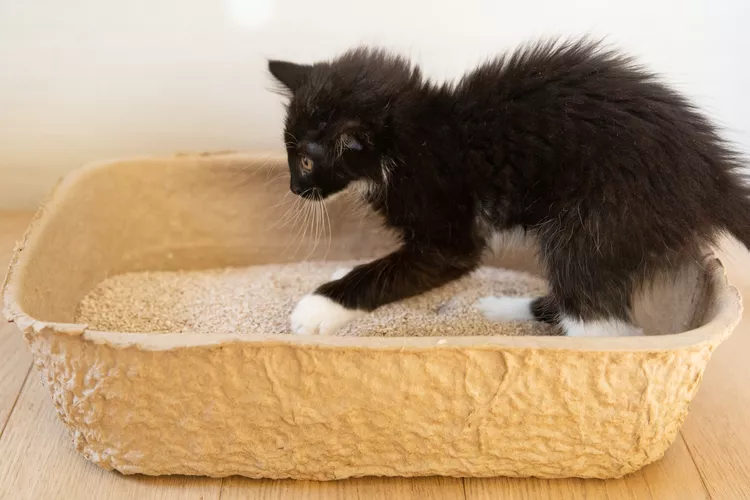
Training Your Kitten to Use the Litter Box
Bringing home a new kitten means they need to learn how to properly use a litter box. Discover how to successfully litter box train your kitten.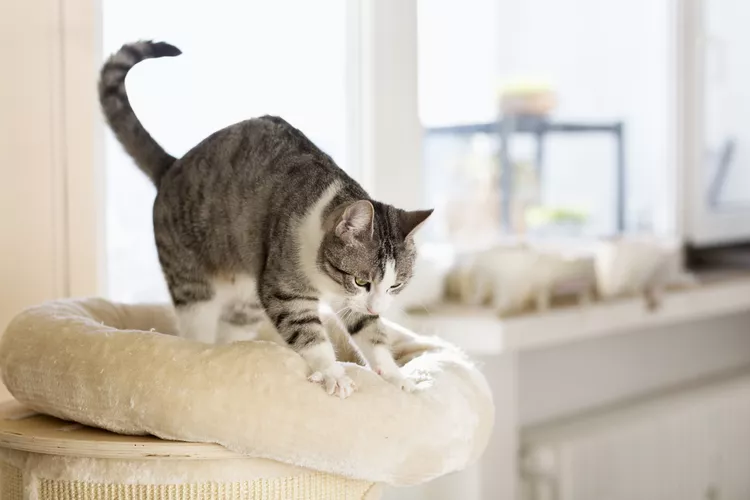
Why Do Cats Knead?
Kneading is a common behavior in cats of all ages. Learn why cats "make biscuits" and what it means for you, your cat, and all your blankets.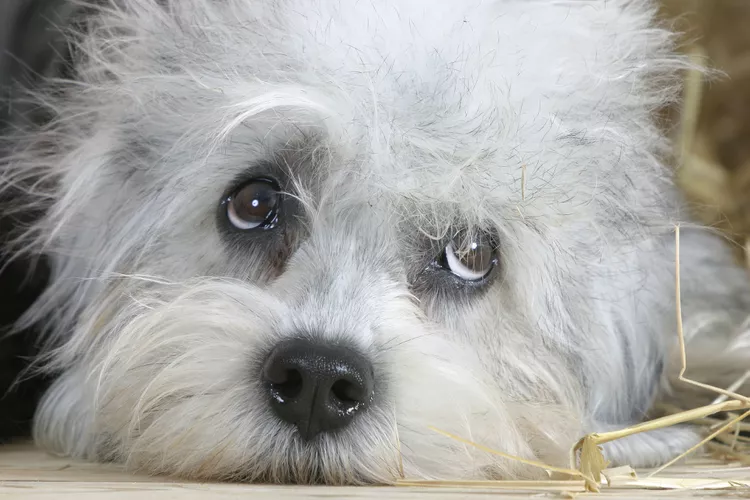
Dandie Dinmont Terrier: Dog Breed Characteristics & Care
Learn about the Dandie Dinmont Terrier, a silky dog breed with a signature puff of hair atop its head and a friendly, companionable personality.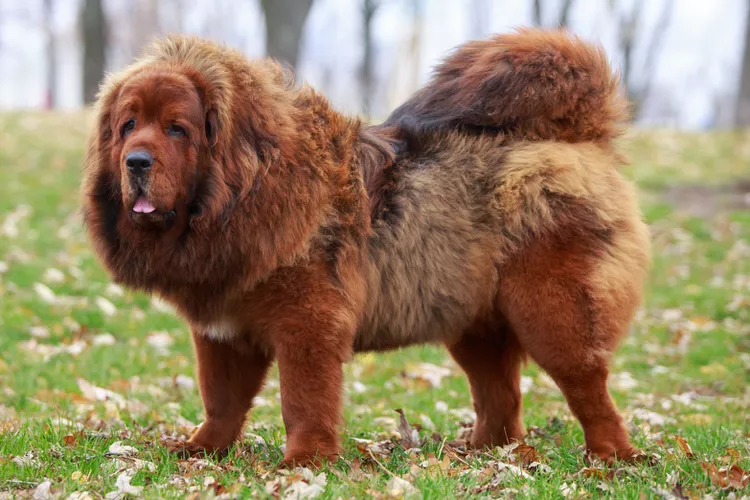
Tibetan Mastiff: Dog Breed Characteristics & Care
Learn about the Tibetan mastiff, an ancient guardian dog breed. This breed is known for their massive stature, flowing mane, and protective personality.
4 Reasons Why Your Dog Licks Their Butt
Butt-licking in dogs can be a part of normal grooming, but excessive butt-licking is not normal. Read about the most common reasons for this behavior.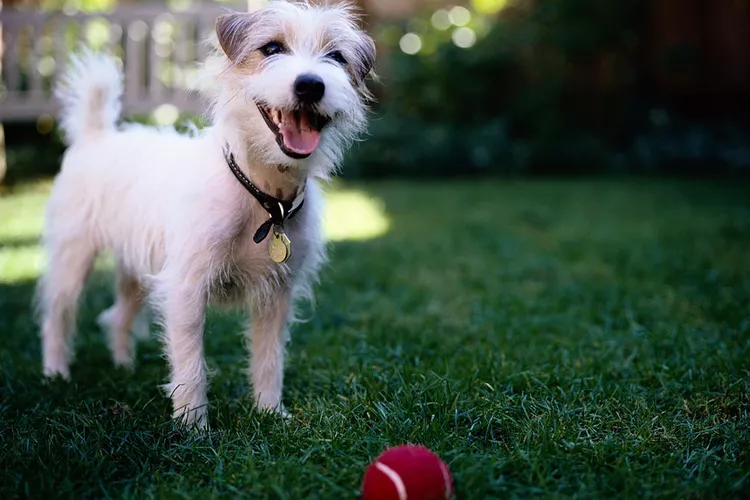
How to Teach Your Dog the "Leave It" Command
Training your dog the "leave it" command is a great way to instill self-control. Learn how to teach your dog to not pick things up from the ground.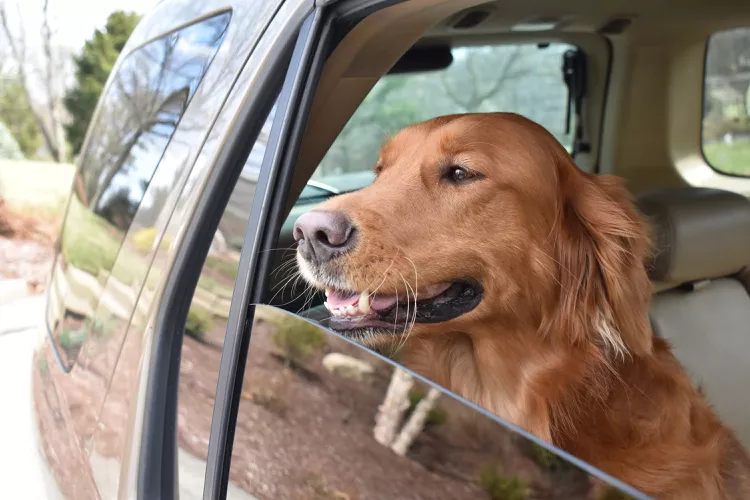
How to Solve Your Dog's Fear of Car Rides
Is your dog scared of car rides? This fear of riding in cars is common. Learn why your dog is scared of car rides and how to help conquer this fear.
Can Dogs Get Depression? How to Help Your Sad Dog
Can dogs get depression? Learn about the signs of depression in dogs and find out how to help your sad dog.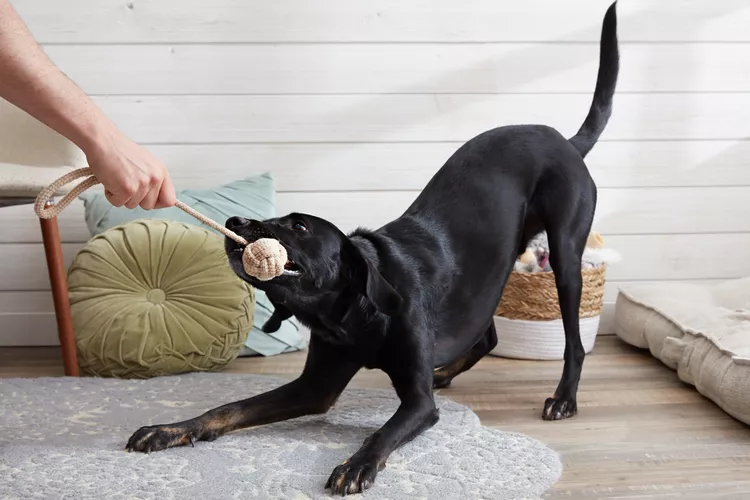
How to Play Tug of War With Your Dog
Many dogs love to play tug of war, and it's a healthy game that provides great exercise. Learn the best way to safely play tug of war with your dog.